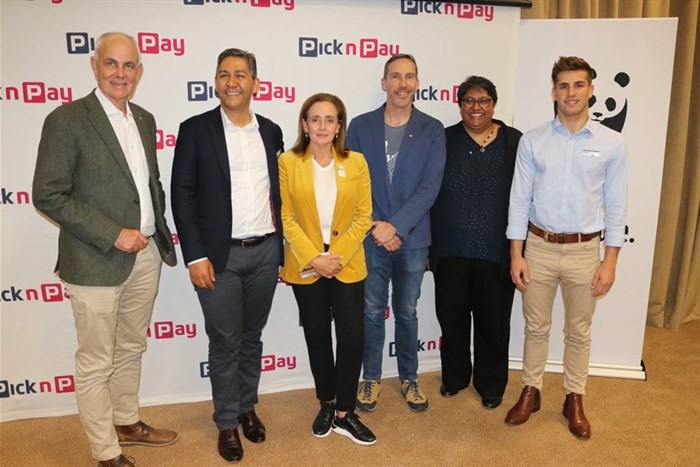
The collaboration with WWF was initiated in 2006 to restore over-exploited fish stocks and evolved into a long-term, transformative partnership. While initially focused on fisheries improvement projects, Pick n Pay and WWF South Africa are now broadening their horizons to address critical issues within the entire food system.
This partnership will address Scope 3 emissions and Science Based Targets initiative (SBTi) target-setting encompassing Pick n Pay’s supply chain and will also work on developing a strategy to reduce food waste within the supply chain.
With WWF South Africa, Pick n Pay will empower its suppliers to navigate water-related risks, enhancing methods for measuring food loss and waste across their operations and supply chain and embarking on a collective journey with suppliers to reduce carbon emissions within SBTi.
“We have an extensive supply chain, and engagement with suppliers is crucial to effectively managing water and climate-related risks. This strategic collaboration will transform the operations and value chains of the Pick n Pay Group, making them more sustainable, resilient, and environmentally friendly,” says Vaughan Pierce, executive of ESG: Pick n Pay.
The long-term objectives of this collaboration include leveraging the combined capabilities and capacities of the Pick n Pay Group and WWF to reduce adverse environmental impacts throughout the production and consumption cycles. This includes supporting environmental impact reduction within the agricultural supply chain and minimising food loss and waste, particularly for selected products and commodities, such as palm oil.
This work is also expected to accelerate Pick n Pay’s target to reduce food waste by 50% by 2030, which is currently reported at 28%.
In terms of Scope 1 and 2 emissions reduction targets – focusing primarily on the operational aspects of its business – Pick n Pay has already implemented its energy resilience plan as it works to achieve other climate change-related targets across the group, including renewable energy and energy efficiency targets, and natural refrigeration targets.
In addition, the partnership will build upon ongoing marine conservation efforts within the Marine Programme and extend its reach into other areas.
“WWF believes that corporate engagement is key to transforming markets and for adopting and promoting sector-wide shifts to sustainable development, and we’re excited to work with Pick n Pay and their suppliers to make this a reality,” says Justin Smith, head of Business Development, WWF South Africa.
Pick n Pay's renewed commitment to sustainability through its partnership with WWF South Africa demonstrates its dedication to addressing climate change and environmental concerns, with a clear vision for a more sustainable future.